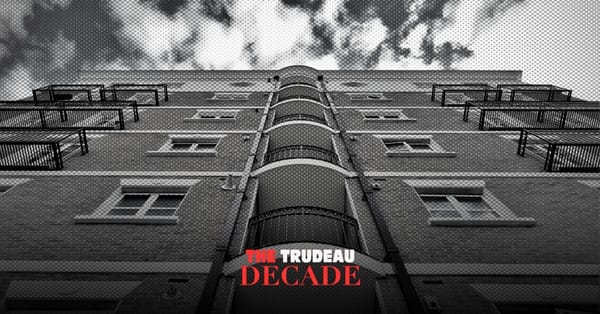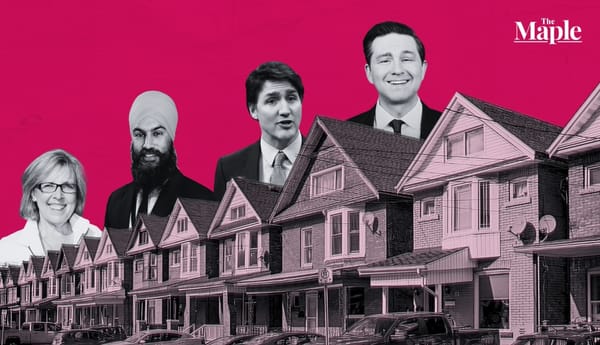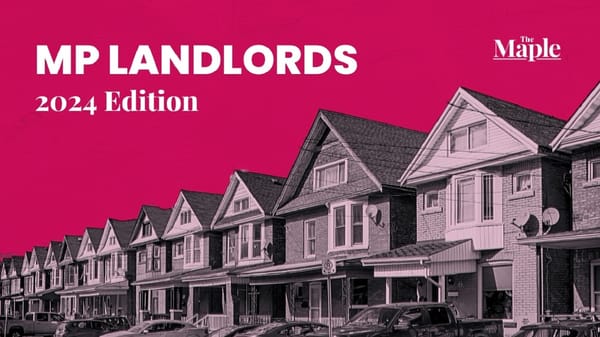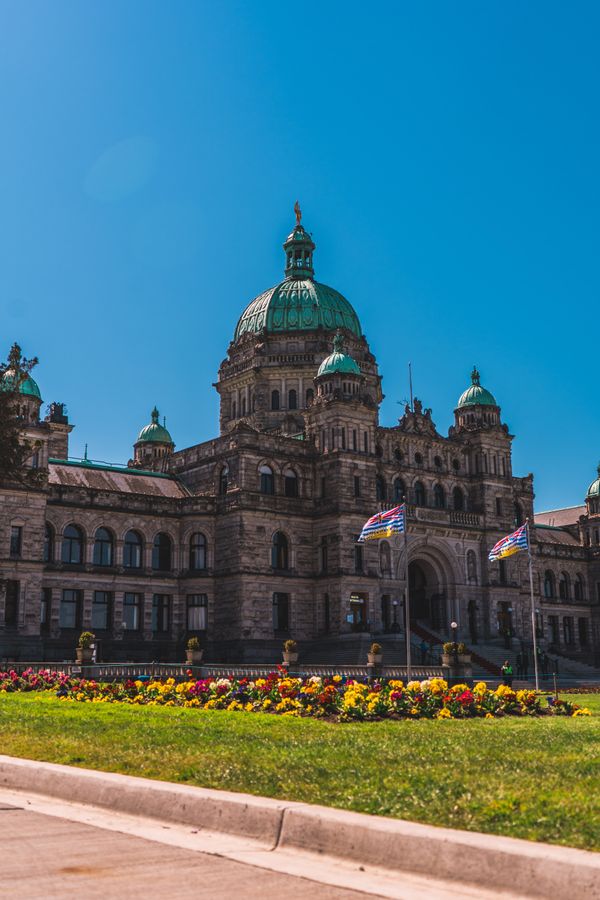On Tuesday, tenants who are also organizers, lawyers and members of the Ontario Public Service Employees Union held a press conference outside Toronto Mayor John Tory’s luxury downtown condo building and laid out a clear and actionable plan to stop mass evictions in the city. While politicians continue to talk around the issue of mass evictions, tenants and workers are preparing to defend their homes.
Tens of thousands of Ontarians living in renter households face the threat of eviction because they’ve been unable to pay rent in full during the pandemic. Through the months of the shutdown alone, landlords applied to the provincial Landlord and Tenant Board (LTB) to evict more than 6,000 tenant households. Landlords have also issued eviction notices to thousands more tenants who they have not yet filed to evict.
Toronto has faced an escalating, decades-long housing crisis. Still, the levels of homelessness and destitution that will result from the impending mass evictions, to start as soon as August 4, will likely be unprecedented.
In March, as community transmission of COVID-19 was developing in Ontario, Premier Doug Ford’s government introduced Bill 184, which has been dubbed the “mass eviction bill” by tenants. Last week, despite widespread rent delinquency due to high rates of unemployment, Ford rammed through the legislation to coincide with the Ontario Superior Court’s COVID-19 eviction suspension ending on July 31. Bill 184 has now been passed into law, making Ontario the only jurisdiction in North America thus far to roll back pre-pandemic tenant rights.
Bill 184 gives landlords in Ontario new powers over the homes and lives of working class people. Landlords may now include a provision in rent repayment agreements with tenants allowing them to get a quick eviction order without a hearing if the tenant is unable to keep up. Tenants will not be able to raise tenant rights issues at eviction hearings unless they have provided notice of those issues in advance. Moreover, an eleventh hour government amendment to the bill directs the tribunal to favour landlords in eviction cases where they “attempted to negotiate” a rent repayment agreement with their tenant that was declined, regardless of the content of the agreement or negotiation.
Ultimately, Bill 184 has given landlords more power to dictate the terms of rent repayment, and speeds up the eviction process at the tribunal by removing tenant protections and the tribunal’s oversight over rent repayment agreements.
Several months ago, tenants had already correctly identified that high rents, mass unemployment, inadequate relief money and a rental market characterized by predatory landlords whose profit-making model is based on displacing sitting tenants, would make mass evictions a real and present danger to working class people in Toronto.
As such, tenants have been attempting to change the balance of power in their favour by organizing together. In March, the group Parkdale Organize called on tenants across Toronto to “Keep Your Rent” by organizing with neighbours in their buildings and districts. The call was taken up by tenants in every corner of the city. Tenants have also organized rent strikes and protests at their landlords’ homes, and rallied and marched at Queen’s Park and the LTB to demand that no tenant be evicted for non-payment during the crisis.
In recent weeks, tenants have campaigned to demand Tory exercise his emergency powers to ban evictions. Under emergency legislation, municipal mayors have broad powers, including to make any order “to protect the health, safety, and welfare” of inhabitants.
On July 6, tenants protested outside Tory’s downtown Toronto luxury condo building and were attacked and pepper sprayed by police. The next day, Tory admitted he hadn’t read Bill 184. Later that week, he said he was against tenants being evicted without a hearing.
On July 23, after Bill 184 was passed, tenants interrupted Tory’s remarks during a groundbreaking ceremony for a luxury development on Toronto’s waterfront. During a national news broadcast that evening, Tory said, “I was told I couldn’t act on it.” The following week he claimed he doesn’t have “magical powers” to stop evictions.
Yet this has been refuted by many, including lawyer Parmbir Gill, who has explained that the mayor’s emergency powers are only limited in that he can’t make orders “contrary to law.” An eviction ban wouldn’t contravene existing legislation, Gill says, because Ontario’s Residential Tenancies Act (RTA) doesn’t legally obligate landlords to evict tenants for non-payment of rent. In fact, the RTA’s stated purpose is to prevent unlawful evictions.
On Wednesday, Toronto City Council voted to challenge Bill 184 in court for denying a fair hearing to tenants facing eviction, despite the fact that the city solicitor’s office has reportedly advised the mayor against doing so. While the court challenge won’t stop pandemic evictions, it does make clear that Tory will go against the advice of city lawyers when it suits him. When Tory says he can’t ban evictions in Toronto what he means is that he lacks the political will to take the most effective action available to him.
Tenants’ actions in the coming weeks will define struggles around housing, rent and evictions in Canada for years to come. Now is the time for everyone concerned to pick a side and get in the fight against mass evictions.






